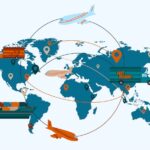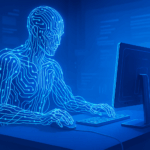Three stars of Indian business and policymaking — Ratan Tata, Nandan Nilekani and Vijay Kelkar — have teamed up to form Avanti Finance, a platform to finance tiny business and lend to communities. Together, the three bring enormous business acumen, tech savvy and administrative experience to bear on the tough but enormously promising task of achieving financial inclusion for the poor and small businesses without access to formal credit markets.
They borrow from local moneylenders at usurious rates of interest. Microfinance institutions (MFIs), which blossomed in the early 2000s, seemed to offer a way out, lending to communities and tiny businesses cheaper than moneylenders. Then, dramatic collapses of MFIs, in Krishna in coastal Andhra (2006), Karnataka (2009) and across Andhra Pradesh (2010), seemed to be the end of the road.

Three broad causes lay behind these failures: political interference, natural calamities and the MFIs’ blind rush to scale up, driven by pressures from private equity or venture capital financiers. By 2014-15, most brokerages were advising clients to sell listed MFIs, including the largest, SKS.
Yet, the logic of lending small is intact. From 2014, the RBI has stepped in, replacing an arbitrary 26 per cent ceiling on interest rates with a 10 per cent cushion between MFIs’ borrowing and lending costs, doubling individual borrowing limits and ticket size per loan. Some MFIs have converted to small finance banks (SFBs), lowering the cost of funds. Analysts reckon that with an overall book size of around Rs 58 lakh crore now, MFIs and SFBs are now where housing finance companies were in 2001, with room to grow. These are positives for Avanti and similar ventures, if they manage to sidestep banana peels. Their success would dent poverty and boost growth.
[“source=economictimes”]


















































